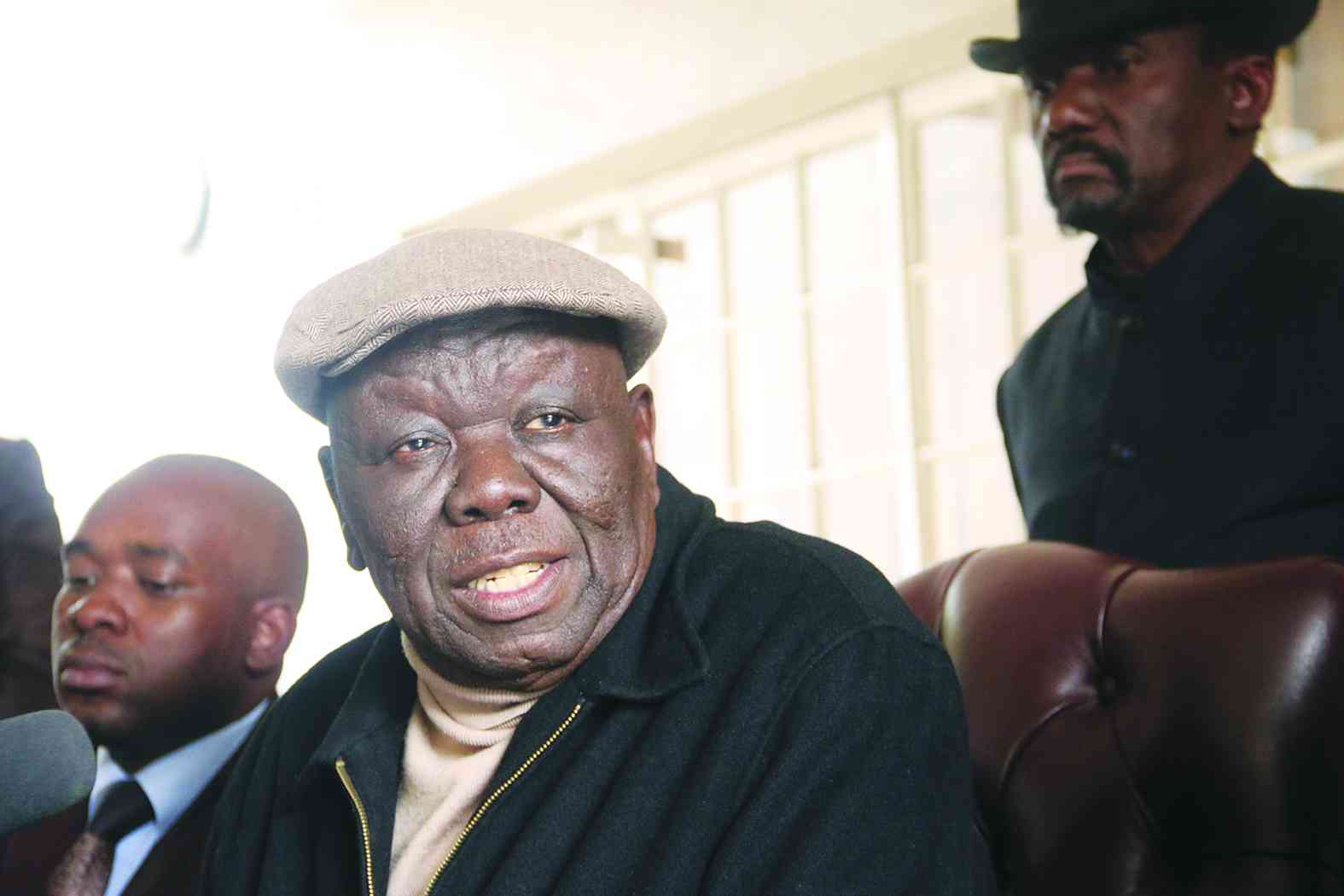
OPPOSITION politics has been reduced to a one-dimensional game of criticising the ruling party.
Zimbabwe is no exception.
For decades, opposition parties have channelled most of their energy to pointing out the failures of Zanu PF. While criticism is a natural part of democratic discourse, opposition politics must evolve beyond insults and complaints. It should be about redefining the national narrative, offering tangible alternatives and ultimately, winning the hearts and minds of the electorate through the power of ideas.
Opposition is not about being perpetual crybabies. It is not about reacting emotionally to every policy blunder or scandal committed by the ruling party. Rather, it should be about providing vision.
In Zimbabwe, the political space has long been marred by mudslinging, inflammatory rhetoric and a “them vs. us” mentality. This has not only polarised the nation but has also contributed to political fatigue among the electorate. People are tired of the blame game. What they need are leaders who offer hope, solutions and a clear road- map for change.
The legacy of Morgan Tsvangirai, while courageous and significant, belonged to a different era. Tsvangirai rose to prominence in a time of economic collapse, social unrest and political repression. His brand of opposition politics was necessary then — it gave voice to the voiceless and challenged authoritarian rule head-on. However, Zimbabwe today requires a different kind of leadership. The political, technological and social landscape has shifted.
Young people, who make up the majority of the population, are more interested in innovation, opportunity and progress than in hearing monotonous slogans and recycled complaints.
If the opposition truly wants to take power from Zanu PF, it needs to start thinking like winners. That means building strong institutions, investing in grassroots structures and presenting well-thought-out policy alternatives. It means speaking to the everyday struggles of Zimbabweans — not just criticising government's incompetence but offering workable, innovative solutions. For instance, instead of condemning the collapse of the healthcare system, why not propose a comprehensive health reform plan supported by regional partnerships and diaspora investment? Why are opposition MPs going to Parliament to sleep and collect paychecks instead of holding ministers accountable?
- Mavhunga puts DeMbare into Chibuku quarterfinals
- Bulls to charge into Zimbabwe gold stocks
- Ndiraya concerned as goals dry up
- Letters: How solar power is transforming African farms
Keep Reading
More importantly, opposition politics should be a marketplace of ideas. Let the best ideas win. Let politicians debate constructively, challenge one another respectfully and appeal to citizens with well-articulated policies. The goal should not be to embarrass opponents, but to outthink and outsmart them. In doing so, opposition parties can win legitimacy and trust.
Zimbabwe needs a new political culture — one rooted in strategic thinking, vision and innovation. Opposition leaders must rebrand, not as angry protesters, but as credible alternatives to power. They must learn to play the long game, plan beyond elections, and communicate in ways that inspire and unite.
The time has come for the opposition in Zimbabwe to mature politically. The future belongs to those who understand that real power lies not in shouting the loudest, but in presenting the best and most believable ideas for national transformation. I rest my case!
- Yunah Bvumbwe is a social commentator. This article was first published on her blog yunahbv.wordpress.com










